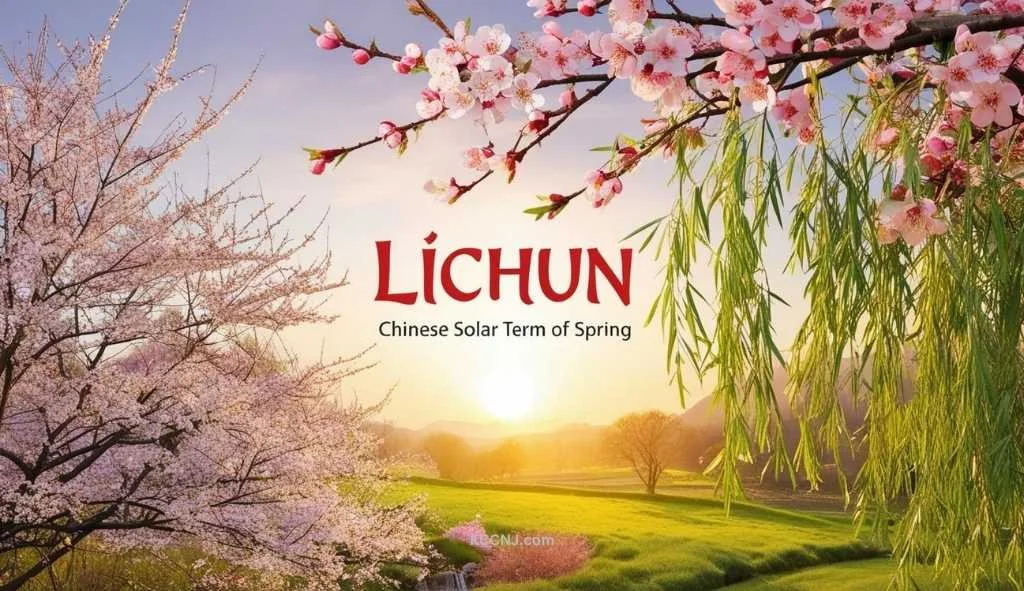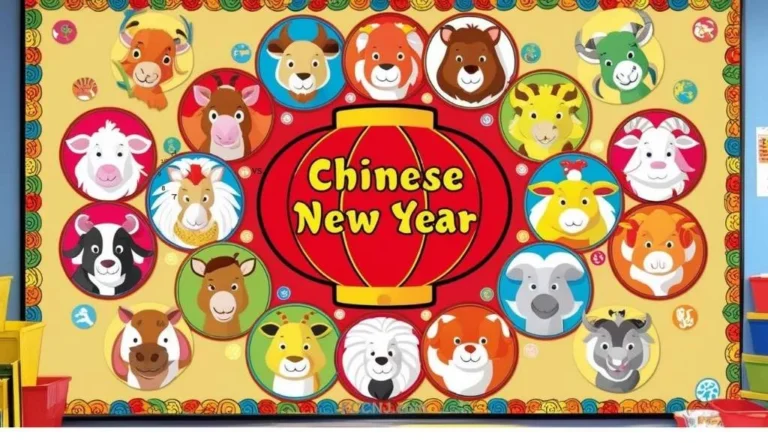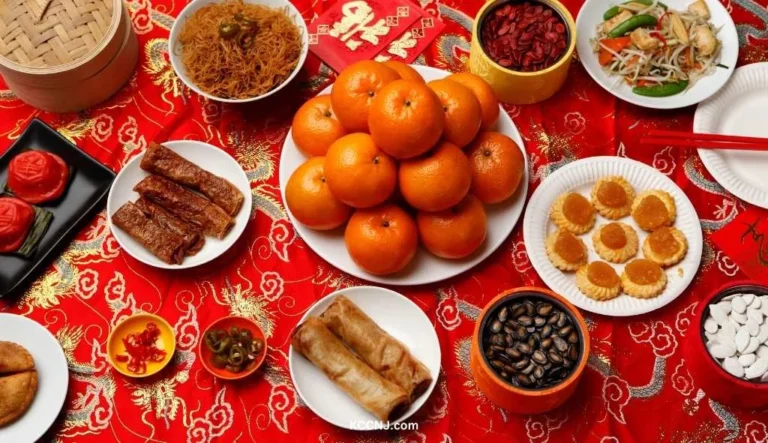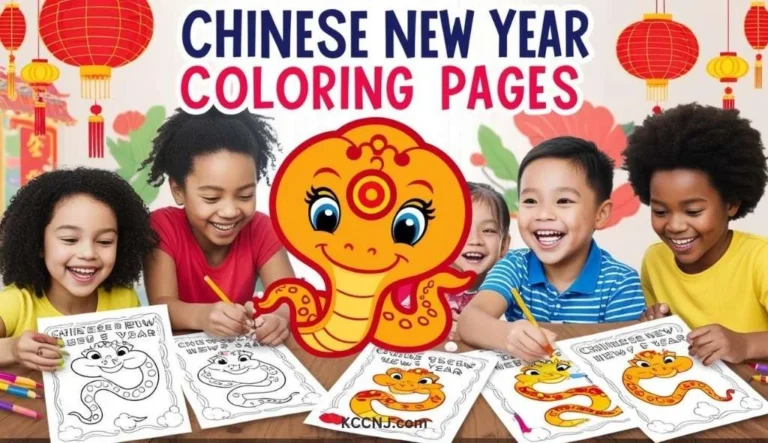Lichun 2025: The Beginning of Spring in Chinese Culture
Lichun 2025 falls on February 3rd at 14:10 (2:10 PM) China Standard Time. This solar term marks the start of spring in the Chinese calendar. It is a time of renewal, growth, and new beginnings in Chinese culture.
Here are the specific timings for different countries:
China: February 3, 2025, at 14:10 CST
Japan: February 3, 2025, at 15:10 JST
Korea: February 3, 2025, at 15:10 KST
Singapore: February 3, 2025, at 14:10 SGT
United States: February 3, 2025, at 01:10 EST (New York)
What is Lichun?
Lichun, meaning “the Beginning of Spring,” is the first of 24 solar terms in the traditional Chinese calendar. It typically occurs around February 3rd or 4th each year. In 2025, Lichun falls in the United States on February 3, 2025, at 01:10 EST (New York).
Origin and Significance
Lichun has deep roots in Chinese history and culture. It originated as a way for farmers to mark the start of the agricultural year. The term “Lichun” first appeared in ancient Chinese texts during the Spring and Autumn period (770-476 BCE).
In Chinese philosophy, Lichun represents the balance between yin and yang energies. As winter ends and spring begins, the cold yin energy gives way to the warm yang energy. This shift symbolizes renewal and growth in nature.
Astronomical Basis
Lichun is based on the sun’s position in the sky. It occurs when the sun reaches the celestial longitude of 315°. This astronomical event signals the lengthening of daylight hours and the gradual warming of temperatures.
Traditions and Customs Associated with Lichun
Many traditions and customs surround the celebration of Lichun in Chinese culture. These practices aim to welcome spring and ensure good fortune for the coming year.
Eating Spring Rolls

One popular custom is eating spring rolls, or “chun bing” in Chinese. These thin pancakes are filled with fresh vegetables and sometimes meat. The act of eating spring rolls is called “yaochun,” which means “biting the spring.” It symbolizes welcoming the new season and its blessings.
Balancing Eggs
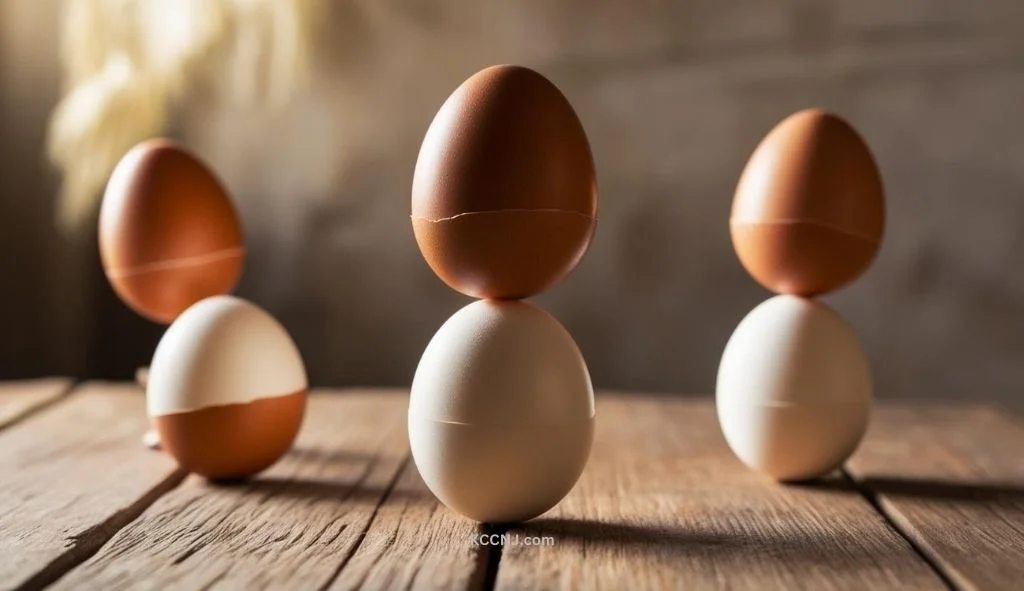
Another well-known tradition is the attempt to balance raw eggs on their ends. This practice is based on the belief that the equal division of yin and yang energies during Lichun makes it possible to achieve perfect balance. While there is no scientific basis for this, it remains a fun and engaging activity for many.
Worshipping the God of Agriculture
In rural areas, farmers often perform rituals to honor Shennong, the legendary Chinese deity of agriculture. These ceremonies ask for blessings on the crops and a bountiful harvest in the coming year.
Spring Cleaning
Many households engage in thorough cleaning before Lichun. This practice is believed to sweep away bad luck from the previous year and make room for good fortune in the new year.
Lichun in Modern Times
While the agricultural significance of Lichun has diminished in modern urban societies, its cultural importance remains strong.
Depositing Money
In some Chinese communities, particularly in Singapore, there is a practice of depositing money into bank accounts on Lichun. This custom is believed to bring financial prosperity throughout the year.
Weather Forecasting
Meteorologists and farmers still use Lichun as a reference point for seasonal changes. It helps in predicting weather patterns and planning agricultural activities.
Cultural Celebrations
Many cities and towns organize cultural events and festivals around Lichun. These celebrations often include traditional performances, food fairs, and educational activities about Chinese culture and history.
Lichun 2025: A Double Spring Year
The year 2025 is special in the Chinese calendar as it is considered a “double spring” year. This phenomenon occurs when there are two Lichun dates within one lunar year.
What is a Double Spring Year?
A double spring year happens when Lichun falls twice within a single lunar year. In 2025, the first Lichun occurs on February 3rd, shortly after the Lunar New Year. The second Lichun will take place on February 4th, 2026, before the end of the lunar year.
Significance of a Double Spring Year
In Chinese culture, double spring years are seen as particularly auspicious. They are believed to bring extra blessings, growth, and prosperity. Many people consider these years ideal for important life events such as marriages or starting new businesses.
Cultural Impact
The occurrence of a double spring year often leads to increased participation in traditional Lichun customs. People may put extra effort into celebrations and rituals, hoping to maximize the perceived good fortune of the year.
Lichun and Feng Shui
Lichun plays a significant role in Feng Shui practices, which aim to harmonize individuals with their surrounding environment.
Energy Shifts
Feng Shui practitioners believe that Lichun marks a significant shift in energy flows. They often recommend adjusting home and office arrangements to align with these new energy patterns.
Lucky Directions
On Lichun, it’s believed that auspicious energy flows strongly from the south and southeast directions. Opening windows or doors facing these directions is thought to welcome positive energy into the space.
Cleansing Rituals
Many Feng Shui experts suggest performing cleansing rituals on Lichun. These may include burning incense, ringing bells, or using salt water to purify living spaces.
Lichun in Different East Asian Cultures
While Lichun originates from China, it is recognized and celebrated in various forms across East Asia.
Japan
In Japan, Lichun is known as Risshun. It’s one of the 24 sekki (solar terms) in the traditional Japanese calendar. While not as widely celebrated as in China, it’s still recognized in agricultural communities and in traditional arts like haiku poetry.
Korea
Korea observes Ipchun, their version of Lichun. It’s celebrated in Korea with various customs, including drinking gwibalgisul (a type of liquor) and eating boiled eggs to ward off bad luck.
Vietnam
In Vietnam, Lichun is called Lập Xuân. It’s considered the beginning of spring in the traditional Vietnamese calendar and is marked with various agricultural rituals.
Impact of Lichun on Agriculture
Despite modernization, Lichun continues to influence agricultural practices in many parts of East Asia.
Planting Schedules
Farmers often use Lichun as a guide for planting schedules. It signals the time to start preparing fields and sowing certain crops.
Animal Husbandry
In traditional animal husbandry, Lichun marks the beginning of breeding season for many animals. Farmers may adjust feeding and care routines accordingly.
Pest Control
The warming temperatures around Lichun can lead to increased insect activity. Farmers often start implementing pest control measures at this time.
Lichun and Traditional Chinese Medicine (TCM)
In Traditional Chinese Medicine, Lichun is an important time for maintaining health and balance.
Dietary Recommendations
TCM practitioners often recommend adjusting diets during Lichun. Foods that are believed to support liver health and boost yang energy are encouraged.
Health Practices
Certain health practices are associated with Lichun in TCM. These may include specific exercises, acupuncture points, or herbal treatments aimed at aligning the body with the changing seasons.
Preventive Care
Lichun is seen as a crucial time for preventive care in TCM. It’s believed that taking proper health measures during this period can prevent illnesses throughout the year.
Lichun in Chinese Art and Literature
Lichun has been a source of inspiration for Chinese artists and writers for centuries.
Poetry
Many classical Chinese poems celebrate Lichun and the arrival of spring. These works often describe the subtle changes in nature and the emotions they evoke.
Painting
Traditional Chinese paintings frequently depict scenes associated with Lichun, such as plum blossoms, which are among the first flowers to bloom in spring.
Calligraphy
The character for Lichun is a popular subject in Chinese calligraphy, especially around the time of the solar term.
Celebrating Lichun in the Modern World
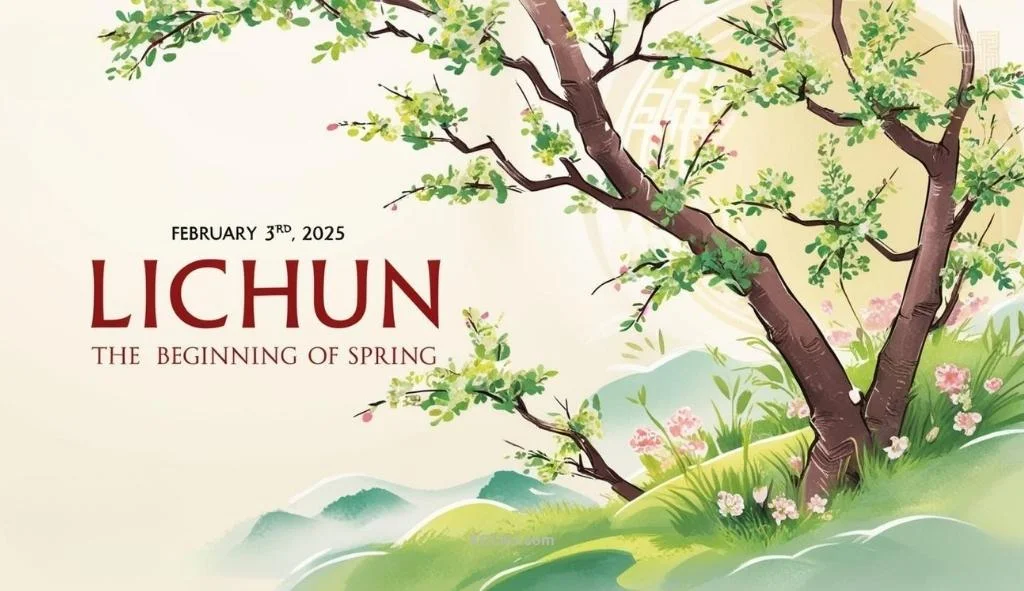
While many traditional Lichun customs persist, new ways of celebrating this solar term have emerged in the modern era.
Social Media Trends
In recent years, social media platforms have seen an increase in Lichun-related content. People share photos of spring scenery, egg-balancing attempts, and spring roll recipes.
Educational Programs
Schools and cultural institutions often organize special programs around Lichun to teach younger generations about this important aspect of Chinese culture.
Frequently Asked Questions
- What time does Lichun 2025 start?
Lichun 2025 begins on February 3rd at 10:10 PM Pakistan Standard Time. - Why is 2025 considered a double spring year?
2025 is a double spring year because Lichun occurs twice within one lunar year – on February 3rd, 2025, and again on February 4th, 2026, before the lunar year ends. - How do people celebrate Lichun?
Common Lichun celebrations include eating spring rolls, attempting to balance eggs, performing spring cleaning, and in some places, depositing money for good fortune. - Does Lichun always fall on the same date?
No, Lichun typically occurs on February 3rd or 4th, depending on the sun’s position. The exact date and time can vary slightly each year. - Is Lichun a public holiday in China?
Lichun is not a public holiday in China, but it is widely recognized and celebrated as an important cultural event. - How does Lichun relate to Chinese New Year?
Lichun and Chinese New Year are separate events. Lichun is based on the solar calendar, while Chinese New Year follows the lunar calendar. They sometimes occur close to each other but are distinct celebrations. - What is the significance of balancing eggs on Lichun?
The egg-balancing tradition is based on the belief that the equal yin and yang energies during Lichun make it possible to achieve perfect balance. It’s more of a fun custom than a scientifically proven phenomenon. - How does Lichun affect agriculture?
Lichun traditionally marks the beginning of the agricultural year in China. Farmers often use it as a guide for planting schedules and other agricultural activities. - Are there any specific foods associated with Lichun?
Spring rolls are the most common food associated with Lichun. They symbolize welcoming the new season and its blessings. - How is Lichun recognized in other East Asian countries?
Lichun is recognized in various forms across East Asia. It’s known as Risshun in Japan, Ipchun in Korea, and Lập Xuân in Vietnam, each with its own set of customs and traditions.

